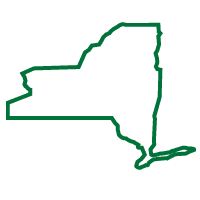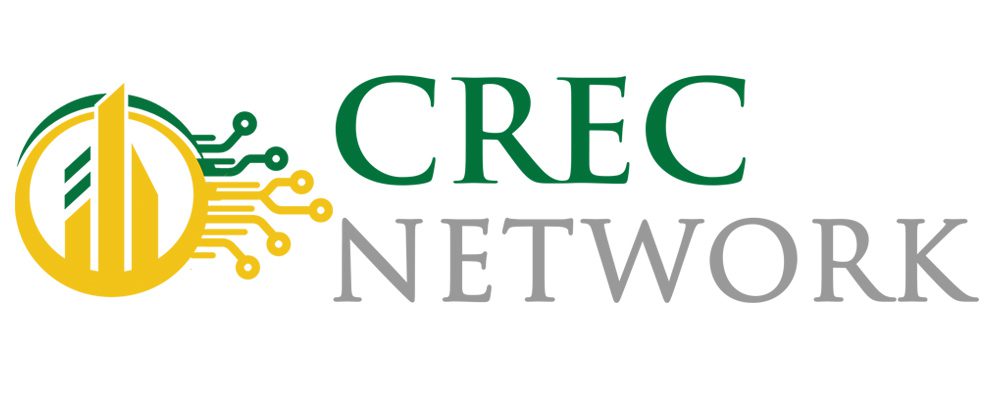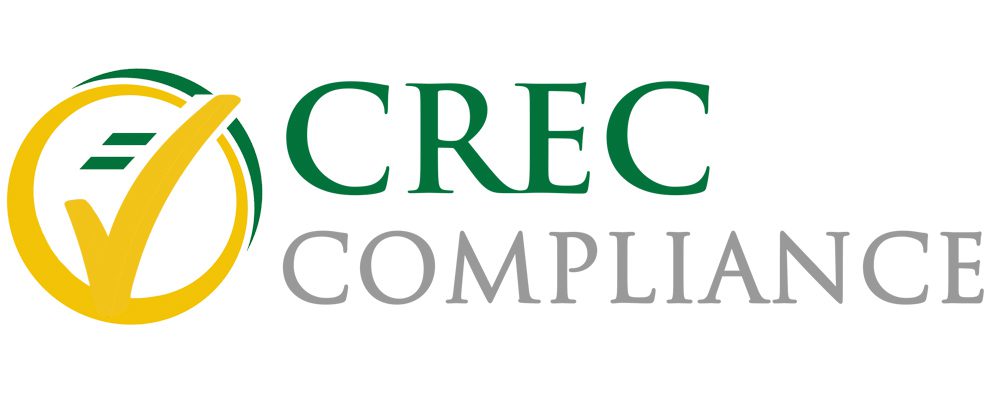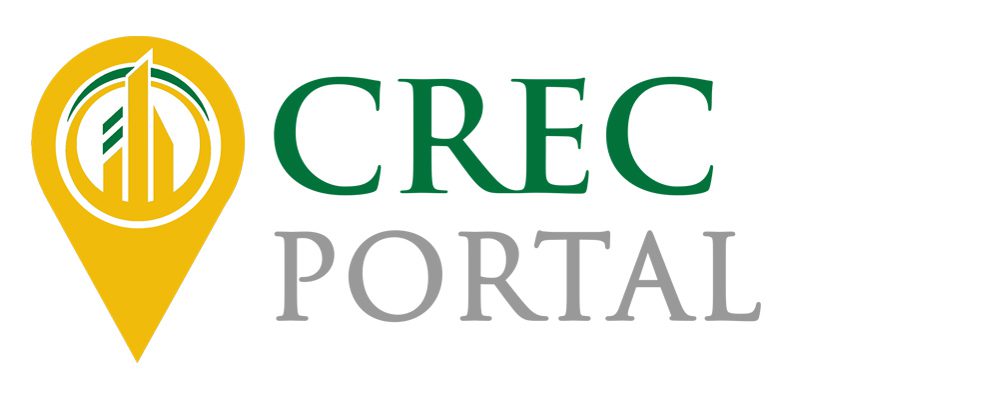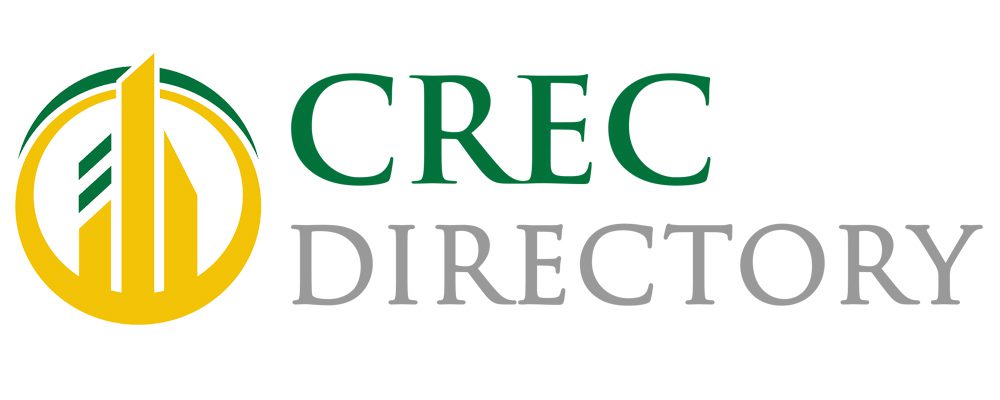Recent Update 2/23/24
In an important development for the cannabis industry in New York, the state’s Cannabis Control Board convened on February 16th, unveiling a series of significant measures aimed at propelling the legal cannabis market forward. During this pivotal meeting, the board took decisive steps to address the early challenges faced by the market and set a new course for the burgeoning industry.
One of the most notable decisions was the approval of draft rules to permit the home cultivation of recreational marijuana. This landmark regulation marks a significant shift in the state’s approach to cannabis, offering residents the freedom to grow their plants for personal use. Under the proposed guidelines, adults are allowed to cultivate up to six plants, with a stipulation that no more than three can be mature at any given time. In households with multiple adults, this limit is expanded to a maximum of 12 plants. Furthermore, individuals may possess up to five pounds of marijuana harvested from their plants, subject to specific storage and odor remediation requirements to prevent any nuisance to neighbors. The approval of home cultivation regulations is set to undergo a 60-day public comment period before being finalized, with the new rules anticipated to take effect on April 17th, 2024.
In a parallel move, the board ratified more than 110 new cannabis business licenses, a move aimed at rejuvenating the legal market’s somewhat “rocky start.” This latest batch of licenses is distinguished by its inclusion of the first non-conditional licenses, diverging from the state’s previous Conditional Adult-Use Retail Dispensaries (CAURD) program. Unlike the CAURD program, which prioritized justice-involved individuals by setting specific eligibility criteria, these new licenses were open to a broader applicant pool, thereby expanding opportunities within the cannabis industry. The allocation of licenses was as follows:
- 24 cultivation licenses
- 9 distribution licenses
- 26 microbusiness licenses
- 12 processor licenses
- 25 retail licenses
- 14 provisional retail licenses
- 2 cannabis research licenses
Tremaine Wright, the chair of the Cannabis Control Board, underscored the significance of this development in her remarks, emphasizing that this advancement is just the beginning of the board’s efforts to expand the legal cannabis market. She assured that the board is committed to preparing and reviewing as many applications as possible for future approvals. As there were over 7000 applications received, there is still a long way to go in getting applications processed in the state.
The board also announced the opening of a new application period in March for Processor Type 3 Licenses. These licenses will enable holders to package, label, and brand cannabis products, although they exclude activities such as extracting, blending, and infusing. Furthermore, applications for transitioning existing AUCCs and AUCPs into annual licenses will become available, addressing the need for these entities to evolve within the regulatory framework.
This suite of measures taken by the New York Cannabis Control Board signifies a robust effort to address the initial hurdles encountered by the state’s legal cannabis market. By facilitating home cultivation, broadening the licensing framework, and ensuring ongoing regulatory adjustments, the board is laying the groundwork for a vibrant and inclusive cannabis industry in New York. The implications of these decisions are far-reaching, promising to enhance accessibility, stimulate economic growth, and reflect a progressive approach to cannabis regulation.

